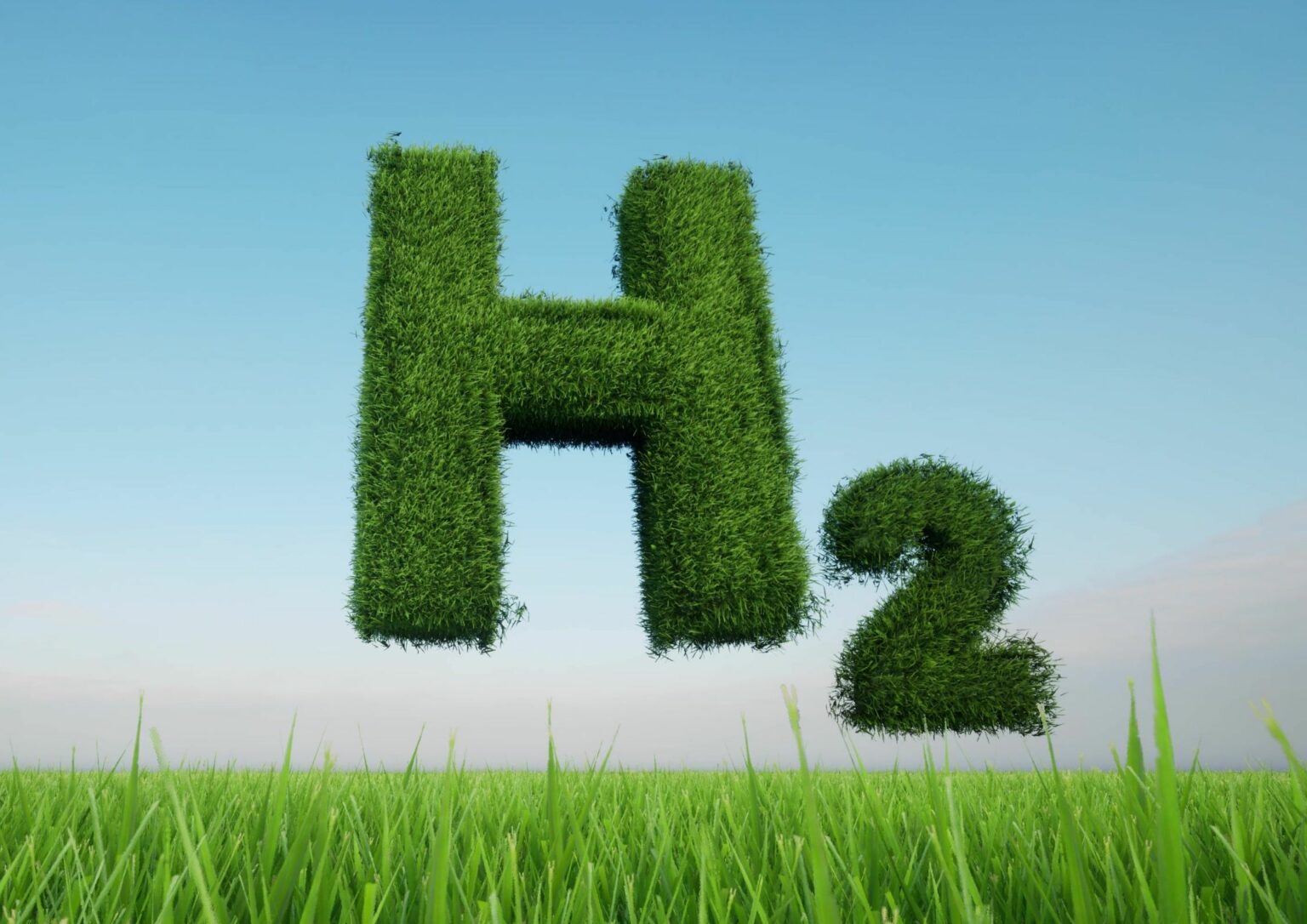As Hong Kong announces its new Strategy for Hydrogen Development, Legislative Council members urge proactive planning despite the current immaturity of hydrogen production technology.
The Hong Kong Special Administrative Region (SAR) administration recently unveiled its Strategy for Hydrogen Development, emphasizing the importance of hydrogen as a future fuel source. The strategy includes safety guidelines for developing hydrogen refueling facilities and power generation. By the end of March, the Inter-departmental Working Group on Using Hydrogen as Fuel had given preliminary approval for 14 hydrogen fuel trial projects.
Among the trial projects are Citybus’ hydrogen buses and fueling stations at its West Kowloon depot and hydrogen supply facilities at the Hong Kong and China Gas plant in Tai Po. Upcoming projects for this year include three street sweepers, Sinopec Group’s first public hydrogen refueling station in Yuen Long, and MTR Corp’s hydrogen-powered light rail vehicle.
While these initiatives mark significant steps toward adopting hydrogen, they currently rely on “gray hydrogen,” produced from fossil fuels, which still results in carbon emissions. Zhang Xinyu, a member of the Legislative Council’s environmental affairs panel, highlights this issue, noting that truly zero-emission “green hydrogen” technology, produced using renewable energy, remains underdeveloped.
The transition to green hydrogen presents considerable challenges. The technology for producing green hydrogen is not yet fully mature, and the cost remains high compared to gray hydrogen. Zhang emphasizes the need for Hong Kong to prepare proactively for hydrogen developments, focusing on technology application to respond timely to advancements. This proactive approach is crucial to avoid falling behind as other regions progress in hydrogen technology.
Michael Tien Puk-sun, a Roundtable lawmaker, suggests that the attractiveness of hydrogen transport options will depend on the pace of research and development in both hydrogen and electric technologies. The MTRC plans to test hydrogen-powered heavy rail vehicles in addition to light rail vehicles. The comparison between hydrogen and electric options highlights a critical aspect of Hong Kong’s strategy: balancing investment in hydrogen with advancements in electric vehicle technology.
Globally, the hydrogen energy sector is witnessing rapid advancements, with countries like Japan, Germany, and South Korea investing heavily in green hydrogen projects. These nations have established ambitious targets for hydrogen production and usage, focusing on green hydrogen to ensure environmental sustainability.
In contrast, Hong Kong’s reliance on gray hydrogen for its initial projects reflects a pragmatic but environmentally less ideal approach. The region’s strategy must evolve to incorporate green hydrogen as the technology matures and becomes more economically viable. This evolution is crucial for meeting global environmental standards and reducing carbon emissions.
